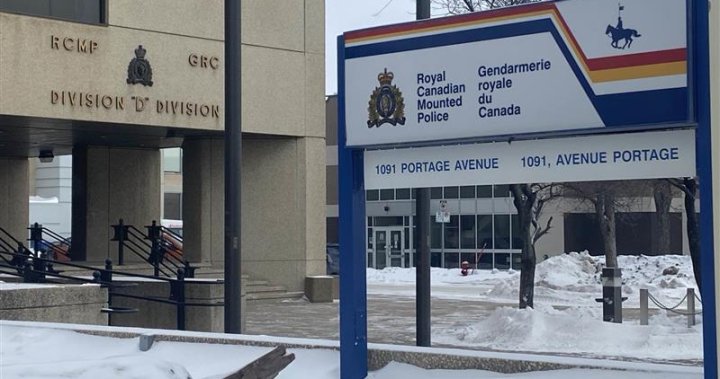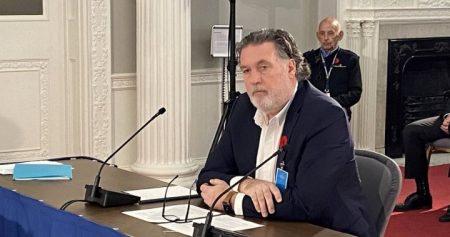The Royal Canadian Mounted Police (RCMP) is grappling with a significant resource crisis, manifested in critical staffing shortages across several provinces, including Manitoba. This scarcity of officers is impacting the RCMP’s ability to effectively serve communities, particularly in rural areas where the need for policing is often pronounced. The shortage is so acute that the RCMP has resorted to soliciting “all members and active reservists across the country” for temporary two-week deployments to Manitoba and Saskatchewan between February and May of 2025, a measure indicative of the strain on existing resources.
The impact of these shortages is keenly felt in communities like Portage la Prairie, where Mayor Sharilyn Knox highlights the disparity between the contracted number of officers (27) and the actual number available (often around 22). This deficit translates into a reduced police presence, with fewer foot patrols and a diminished capacity to address community needs. While acknowledging the RCMP’s efforts to manage with limited personnel, Knox underscores the challenges faced by officers operating under such strained conditions. The situation is further compounded by the high volume of calls received, stretching the already thin resources even further.
The problem extends beyond Portage la Prairie, impacting other rural communities like Beausejour and Lac du Bonnet. Beausejour Mayor Ray Schirle points out the longstanding inadequacy of allocated officers, with the number remaining stagnant at three since the 1970s despite significant community growth and a corresponding increase in crime and drug-related issues. Similarly, Lac du Bonnet Mayor Ken Lodge emphasizes the financial constraints limiting their police force to a single full-time officer, a number insufficient to address the community’s needs. These examples illustrate the widespread nature of the RCMP staffing crisis and its impact on communities of varying sizes.
The scale of the shortage is significant, with sources estimating a need for 100 to 200 officers per province to fill existing vacancies. This substantial gap underscores the urgency of addressing the issue and the need for both short-term and long-term solutions. Premier Wab Kinew acknowledges the gravity of the situation, encouraging individuals to consider careers in law enforcement as a means of serving their communities and contributing to public safety. This appeal highlights the importance of recruitment in addressing the long-term sustainability of the RCMP’s workforce.
In the short term, the RCMP’s call for temporary deployments is seen as a positive step by community leaders like Mayor Knox, who recognizes it as an acknowledgement of the issue and a willingness to take action. However, this measure is likely a temporary fix, addressing the immediate need but not the underlying problem of recruitment and retention. The long-term solution requires a comprehensive strategy to attract and retain officers, addressing issues such as competitive compensation, working conditions, and the unique challenges of policing in rural areas.
The RCMP’s resource crisis is a complex issue with far-reaching implications for communities across Canada. Addressing this challenge requires a multifaceted approach that includes both short-term measures to alleviate immediate pressures and long-term strategies to ensure a sustainable and adequately staffed police force. This involves not only recruitment efforts but also addressing systemic issues within the RCMP that may contribute to attrition and difficulty in attracting new recruits. The situation underscores the vital role of the RCMP in maintaining public safety and the urgent need for effective solutions to ensure its capacity to serve communities effectively.










